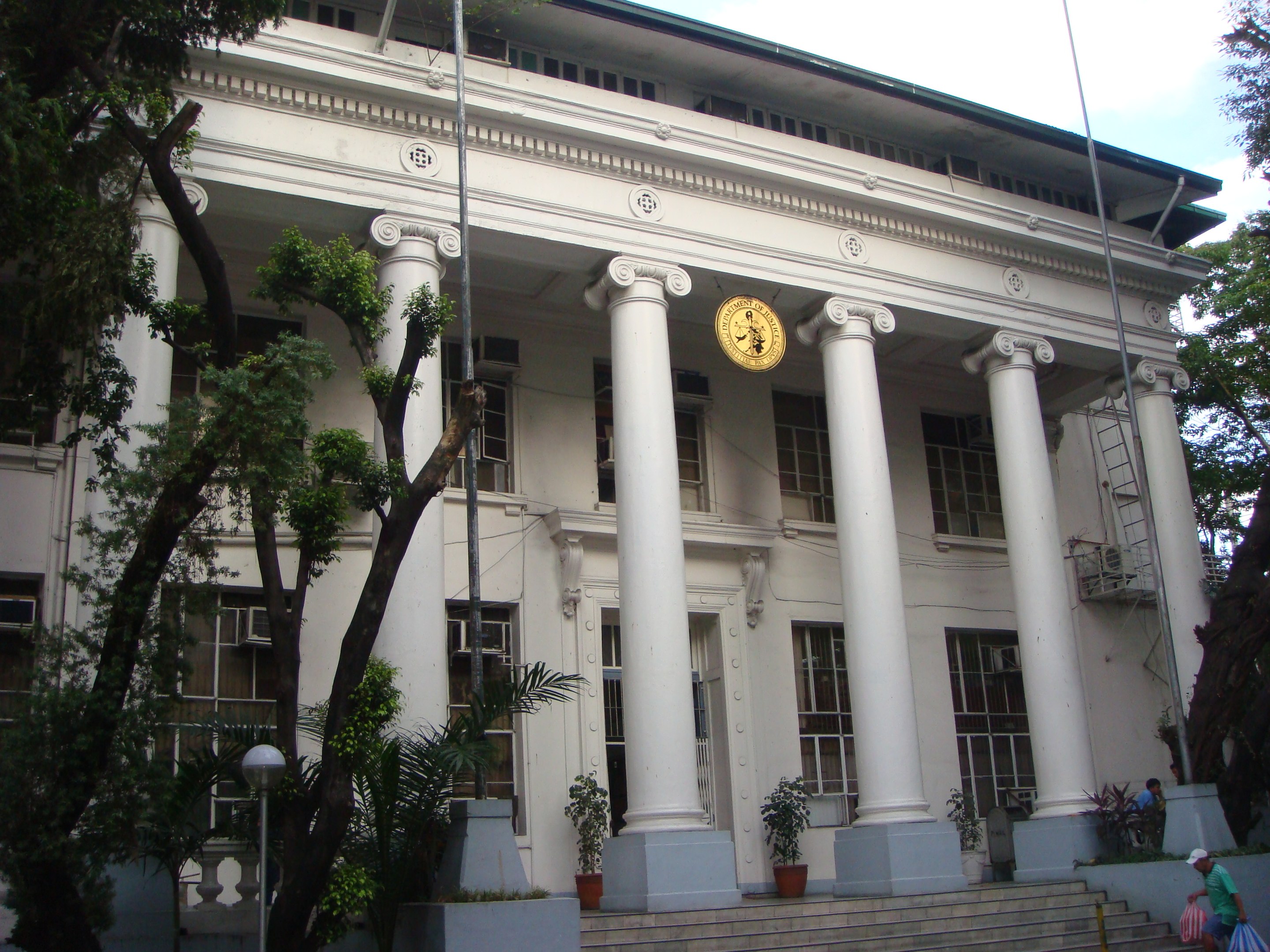News
DOJ adopts stricter visa upon arrival policy for Chinese tourists

Perete added they provided an amendment which would not allow for any extension of the visa upon arrival, adding the maximum stay is 30 days. The visa is also deemed expired once the tourist leaves the country ahead of the 30-day limit.
MANILA — Tighter rules will be in place shortly for Chinese tourists applying for visa upon arrival in the country, the Department of Justice (DOJ) said over the weekend.
Speaking to newsmen, Justice Undersecretary Markk Perete said the new rules, which will come into effect immediately after publication, have done away with the provision to extend the tourist visa to prevent a loophole which allowed Chinese workers to come in under a tourist visa before amending it to allow them to stay in work.
“The new amendment makes it restrictive in a sense that if you’re coming in as a tourist, you’re now required to be able to get a visa upon arrival to provide tickets to go out of the Philippines, to make sure none will be overstaying,” Perete said.
Perete added they provided an amendment which would not allow for any extension of the visa upon arrival, adding the maximum stay is 30 days. The visa is also deemed expired once the tourist leaves the country ahead of the 30-day limit.
Aside from round trip tickets, Chinese nationals who enter the country as tourists must show other proofs of their planned stay.
“And then they must have book accommodations for every stop in their itinerary. The tour operator must be of course accredited, and the tour operator must provide all the details where they will be staying, proof of accommodations,” he said.
Perete said the system meant to prevent abuse of the country’s visa upon arrival policy may be expanded to cover other nationalities to promote tourism in the country and balance the country’s security considerations.
Unlike laws that come into effect 15 days after their publication, the new amendments, being a privilege granted to foreign nationals, may become effective immediately upon publication, he said.
Perete further said other considerations include the logistical capacity of the Bureau of Immigration (BI) to process applications for visas upon arrival.
Special privileges for Chinese travelers had been first granted under a Presidential order during the time of the first Aquino administration.





















